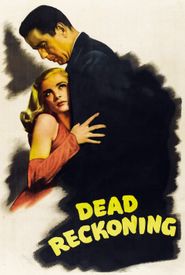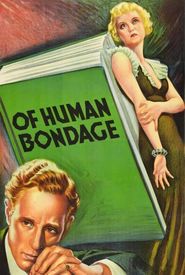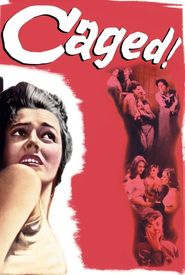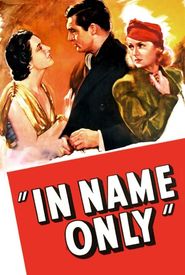John Cromwell was born on December 23, 1887, in Toledo, Ohio. He made his Broadway debut on October 14, 1912, in Marian De Forest's adaptation of Louisa May Alcott's "Little Women" at the Playhouse Theatre. The show was a hit, running for a total of 184 performances.
Cromwell appeared in another 38 plays on Broadway between February 24, 1914, and October 31, 1971. In addition to "Too Many Cooks", Cromwell directed or staged 11 plays and produced seven plays on Broadway. Among the highlights of his Broadway acting career were his multiple appearances as a Shavian actor.
He was "Charles Lomax" in the original Broadway production of George Bernard Shaw's "Major Barbara" in 1915 and as "Capt. Kearney" in the revival of "Captain Brassbound's Conversion" the following year. He also appeared as "Brother Martin Ladvenu" in Katharine Cornell's 1936 "Saint Joan", directed by Guthrie McClintic, and played "Freddy Eynsford Hill" in Cedric Hardwicke's 1945 revival of "Pygmalion", starring Gertrude Lawrence as "Eliza Doolittle" and Raymond Massey as "Henry Higgins".
As for William Shakespeare, he played "Paris" to Katharine Cornell's "Juliet" and Maurice Evans' "Romeo" in McClintic's "Rome and Juliet" in 1935, and appeared as "Rosenkrantz" in McClintic's 1936 Broadway staging of "Hamlet", with John Gielgud in the title role, Lillian Gish as "Ophelia" and Judith Anderson as "Gertrude".
Cromwell won a Tony Award as Best Featured Actor in a Play in 1952 for "Point of No Return", in which he supported Henry Fonda, and appeared as the father, "Linus Larabee Sr.", in "Sabrina Fair" the next year.
With the advent of sound pictures, Cromwell went "Hollywood" in 1929, appearing in The Dummy (1929) in support of Ruth Chatterton and Fredric March. He also co-directed two talkies with A. Edward Sutherland that year, Close Harmony (1929) and The Dance of Life (1929).
After learning the craft of directing, he directed The Mighty (1929) with George Bancroft, in which he made innovative use of sound. He also directed Jackie Coogan in Tom Sawyer (1930) the next year. He made his name with Ann Vickers (1933) in 1933 and Of Human Bondage (1934) in 1934, two films he shot for RKO based on novels by the preeminent writers Sinclair Lewis and W. Somerset Maugham.
Other major films Cromwell directed include Little Lord Fauntleroy (1936),The Prisoner of Zenda (1937),Algiers (1938),Abe Lincoln in Illinois (1940),Since You Went Away (1944),and Anna and the King of Siam (1946). In 1951 he directed The Racket (1951) starring Robert Mitchum, Lizabeth Scott, and Robert Ryan; he had appeared in the original staging of the Broadway play by Bartlett Cormack on which the movie was based back in 1927.
Busy on Broadway in the 1950s, it was seven years before he directed another film, The Goddess (1958),with a screenplay by Paddy Chayefsky and starring Kim Stanley. He directed two more minor films before calling it quits as a movie director in 1961. As a director, Cromwell eschewed flashy camera work, as he felt it detracted from both the story and the actors' performances.
Late in his life, director Robert Altman cast Cromwell as an actor in two of his films, 3 Women (1977) and A Wedding (1978).
John Cromwell died on September 26, 1979, in Santa Barbara, California.

























































